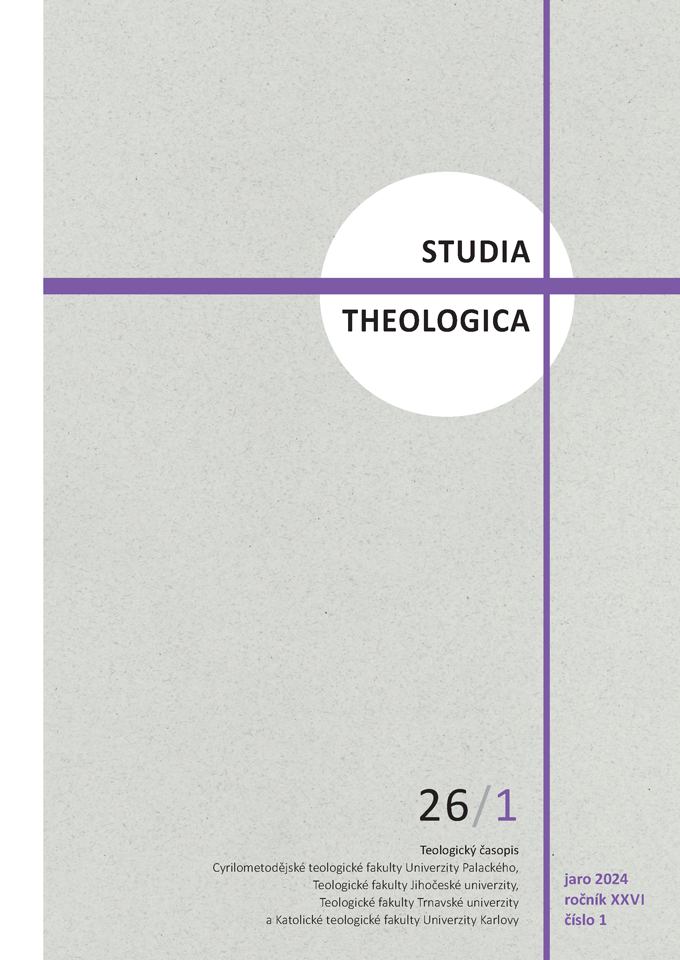Biblická východiska Scheebenovy christologie
The Biblical Foundations of Scheeben’s Christologie
Author(s): Veronika ŘehákováSubject(s): Christian Theology and Religion, History of Church(es), Philosophy of Religion, Biblical studies, Sociology of Religion, History of Religion
Published by: Univerzita Palackého v Olomouci
Keywords: M. J. Scheeben; History of Catholic Theology; Theology of the Nineteenth Century; Christology; the New Testament;
Summary/Abstract: The study aims to characterise Scheeben’s work with the New Testament and secondarily with the Old Testament in his Christological reflections. First, the structure and central themes of two Christological passages from the Handbuch der katholischen Dogmatik, explicitly based on the New Testament, are presented, with these being our primary source texts. Scheeben’s methods of working with the Scripture are consequently specified. The third part discusses the various New Testament writings and their use in Scheeben’s Christology, concluding that the Johannine texts play a significant role. The fourth part presents the main Christological titles from Scheeben’s perspective. Our analysis results in Scheeben overemphasising the divine side of the Scripture, that is, its meaning, but fails to appreciate its historical and human side and does not use the historical‑critical method. This characteristic is reflected in an unbalanced Christology in which Christ’s humanity is neglected and overshadowed by his divinity. Jesus’ hidden and public life is not the subject of his more profound interest. Additionally, the New Testament texts used by Scheeben are not connected to the Trinitarian mystery. The positives are Scheeben’s perception of the differences between the New Testament texts in their accounts of Christ and his desire to build on the witness of the Scripture as a whole.
Journal: Studia theologica
- Issue Year: XXVI/2024
- Issue No: 1
- Page Range: 165-189
- Page Count: 25
- Language: Czech

